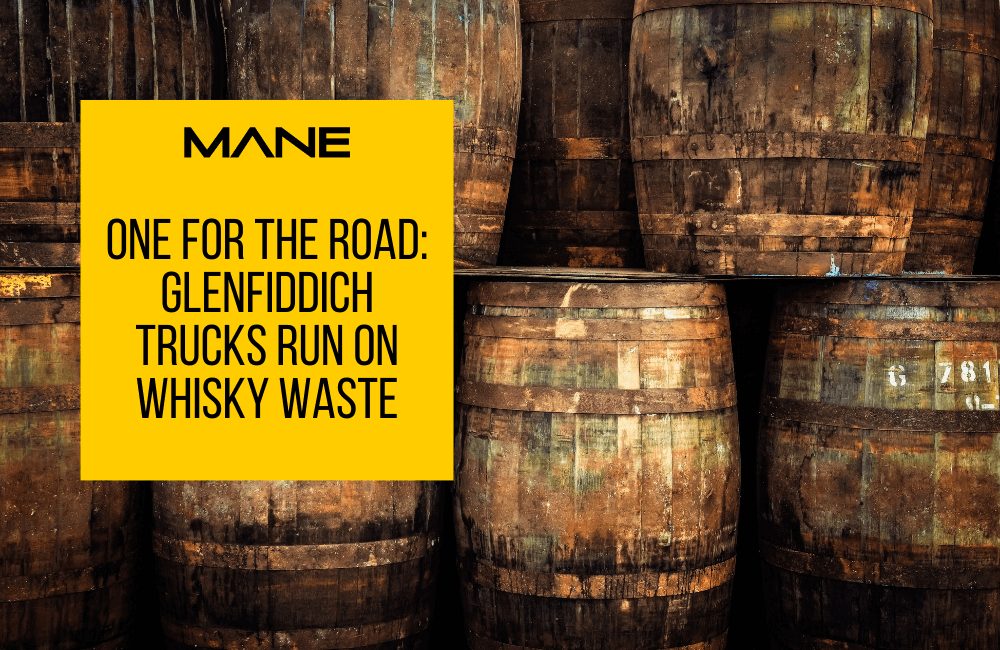One for the road Glenfiddich trucks run on whisky waste
05 Aug, 202110 minsLegendary Scotch whisky brand Glenfiddich is converting its delivery trucks to run on waste ...

Legendary Scotch whisky brand Glenfiddich is converting its delivery trucks to run on waste from its own whisky distilling in a "closed-loop" sustainability initiative.
The whisky maker has installed fuelling stations at its Dufftown distillery in the northeast of Scotland, using tech developed by William Grant & Sons, Glenfiddich’s parent company, to turn the spent grains leftover from malting into an Ultra-Low Carbon Fuel (ULCF) biogas with minimal carbon emissions.
Stuart Watts, the director of the William Grant & Sons distillery – which sells over 14 million bottles of single malt whisky every year – said Glenfiddich had traditionally sold off its spent grains to be used as feed for cattle.
But by using bacteria to break down the grains through anaerobic digestion, the distillery can turn them into low-emission biogas fuel. Liquid waste from the distilling process, and eventually all of its waste products, can also be recycled this way.
Watts said the thought process behind this innovative idea was “what can we do that's better for us all?"
The distillery has already converted three of its trucks, which are now running on whisky-waste biogas as they transport Glenfiddich whisky to four different sites in central and western Scotland for bottling and packaging. The converted trucks, made by truck maker Iveco, originally ran on liquefied natural gas.
The benefits of even this small change are staggering. Glenfiddich says each truck will cut up to 250 tonnes of CO2 a year. Biogas fuel cuts carbon emissions by over 95% compared to fossil fuels like petrol, diesel, and natural gas, and reduces other harmful emissions and particulates by up to 99%.
Watts said whisky waste could eventually be used to fuel not only Glenfiddich’s whole 20-truck fleet, but also the delivery fleets for all William Grant & Sons' other whisky brands, and the technology could be scaled up to fuel other companies’ trucks.
The Scottish whisky industry as a whole is aiming to reach net-zero by 2040. Here’s to that.



